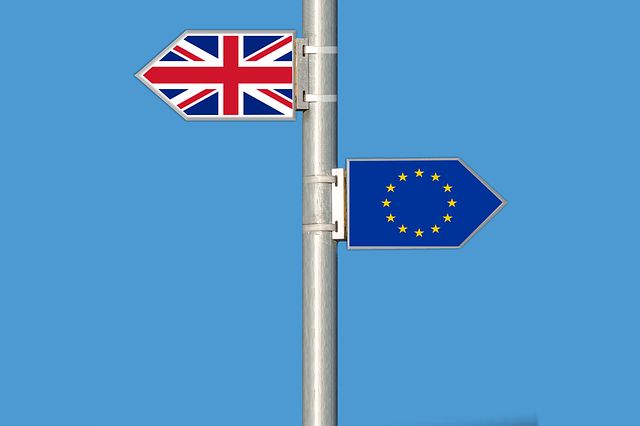EU-UK Withdrawal Agreement passes UK parliament
Just a few weeks ago, the idea that the EU-UK Withdrawal Agreement would be passed with little fanfare would be surprising to many Brexit Brief readers – but it has happened. Boris Johnson’s government, with its large majority in the House of Commons, passed the bill more or less as published by the government. It rejected all five amendments to the Withdrawal Agreement Bill proposed by the House of Lords and there were no knife-edge votes relying on intricate compromises with backbench MPs or complex procedural games. At the time of writing, the bill awaits royal assent from the Queen to become law (a formality). In Brussels, the European Parliament is expected to give consent on 29 January and bid farewell to the 73 British MEPs for the last time.
Continuation of the world as we know it
The UK will now, formally and finally, leave the European Union on 31 January 2020, 23:00 GMT. In practice, however, little will change. To begin with, “true” Brexit will only take place on 31 December 2020 upon the end of the transition period. At the end of this period, the UK-EU relationship will fall back either on WTO rules or a UK-EU trade agreement. As this trade agreement is still very far off with less than a year of negotiating time, not even the looming threat of a no-deal scenario has changed.
Nor has discussion around extensions. The UK government can request an extension of this transition period to prevent no-deal. The deadline for this is 1 July, but the UK has blocked this option by law (for now). With the mandate from the EU side to begin trade talks not expected until early March, this leaves only nine months to negotiate a trade deal whose model (CETA, between the EU and Canada) took over eight years to be fully implemented. Commission President von der Leyen can be forgiven for saying such a feat would be impossible.
Opening positions: London
Meanwhile, the European institutions and the UK continue to draw up their stances. Earlier this week, UK Chancellor Sajid Javid warned not to mistake post-Brexit Britain as a European “rule taker”, showing little compassion for those in favour of staying aligned with EU rules and even admitting that some sectors would suffer from leaving the bloc. Such a negotiating line will have noticeable effects on, especially the automotive, pharmaceutical and food and drink industries, which may find it significantly harder to import from and export to the EU.
In the hope of additional leverage, the UK has decided to also begin negotiations in parallel with the United States. Speaking at the World Economic Forum in Davos, US Treasury Secretary Mnuchin said the completion of such a deal before the end of 2020 would be feasible despite the aggressive timetable due to it being a high administration priority. US Commerce Secretary Ross also stated he would believe such a deal to mechanically be much easier than one with the EU, but optimism could be tempered as the race for the US presidential election heats up and the two sides take opposing views over Iran, Huawei and London’s digital services tax.
Opening positions: Brussels
Brussels is releasing its own salvos, with the latest documents implying a governance arrangement like a Swiss model, with multiple, linked agreements – only without UK access to the single market. Brussels would like to prioritise its side of the relationship first: fish and certain goods, leaving the UK’s priorities, like financial services, until much later, if ever. The two are agreed on the tech sector, at least.
The European Parliament’s Civil Liberties, Justice and Home Affairs committee has urged a timely conclusion to an assessment of the adequacy of UK data protection measures. If these are not found to be “essentially equivalent”, it may have significant impacts on EU-UK data flows. Meanwhile, speaking in Sweden, chief EU negotiator Michel Barnier outlined the three main points of focus over the coming year: continued engagement, a close security relationship and an economic partnership based on a level playing field, without quotas, tariffs or dumping. Barnier’s goal is to progress as much as possible by June 2020, at which time EU and UK leaders will take stock. French President Emmanuel Macron called on him to be cold-blooded, but Barnier insists negotiations will be conducted calmly, objectively and patiently.
